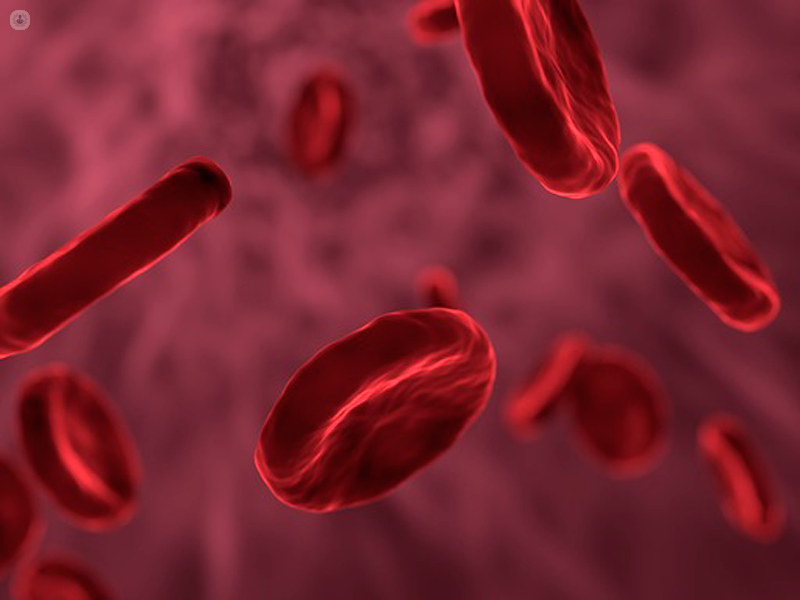

What is ischaemia?
Ischaemia is what happens when there is a decrease in blood supply to tissues, leading to a decrease in oxygen and nutrients to the affected area. A shortage of blood and oxygen can lead to serious consequences on the affected tissues, which can eventually become necrotic. Ischaemia can occur in any part of the body; however, the most commonly affected areas are the heart, brain, intestine, and the fingers and toes.

Prognosis:
An ischaemic attack can be very serious and can even lead to a heart attack if the blood flow to the heart is affected.
What are the symptoms of ischaemia?
The symptoms of ischaemia vary according to the affected tissue or organ. For instance, cardiac ischaemia may cause chest pain, shortness of breath (dyspnoea), nausea and an irregular heartbeat (arrhythmia); brain ischaemia or an ischaemic stroke can cause facial paralysis or a sense of numbness in your face and limbs, vision and mobility impairment and confusion.
How is ischaemia diagnosed?
An ischaemic episode can be diagnosed by going through the symptoms and then doing a few exams, such as an ECG, blood test and X-ray scan.
What causes ischaemia?
Ischaemia is caused by an obstruction of the arteries, often as a result of embolisms, thrombosis or trauma. However, there are some risk factors associated with it, such as:
- Heartbeat abnormalities;
- Conditions of the cardiac muscle, of the coronary arteries or of the mitral valve;
- Diabetes;
- Hypertension;
- Atherosclerosis;
- Hypercholesterolemia;
- Obesity;
- Smoking;
- Older age.
How can ischaemia be prevented?
You may lower your chances of developing ischaemia by leading a healthy lifestyle, exercising regularly, eating a healthy diet and avoiding smoking and drinking alcohol.
How is ischaemia treated?
There are several treatments to restore regular blood flow to a tissue or organ affected by ischaemia, such as angioplasty, arterial bypass graft, coronary bypass and thrombolytic medication therapy. If you have already had an ischaemic episode, you are at higher risk of have another. If this is the case, it is likely you will have to take blood-thinning medication and might be considered for angioplasty and stenting.
Which doctor should I talk to?
If you have had an ischaemic episode, you need to see a cardiologist or a cardiovascular surgeon.
